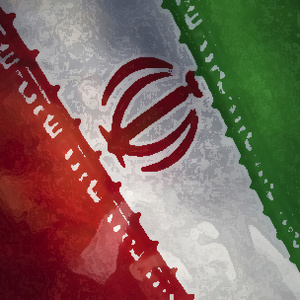The Week in Iran

Last week’s news bombshell was, of course, the impromptu dismissal of Iran’s minister of foreign affairs, Manouchehr Mottaki, on Monday, while he was on a mission in Senegal—the African country recently at odds with Iran over the controversial arms cargo discovered by the Nigerian police and claimed to be headed for Senegal’s neighbor, Gambia. Ahmadinejad is of course a man of abrupt decisions, but this one may have gone too far. Mottaki’s successor is the incumbent head of Iran’s Organization of Atomic Energy and MIT graduate Ali-Akbar Salehi, who also served as Iran’s representative to IAEA and is known as a technocrat diplomat. The long holiday last week—as Shi’as commemorated the martyrdom of Imam Hussein (AS), grandson of Prophet Mohammad (PBUH)—resulted in toned down reactions to Mottaki’s dismissal.
For the citizens of Chabahar, Iran’s southeastern-most city in the volatile province of Sistan-va-Baluchestan, Wednesday gave them twofold reasons to mourn: Tasou’a, 9th of Muharram in the Islamic lunar calendar, the day before martyrdom of Hussein (AS) and his companions, and a suicide bombing among a mourning crowd the claimed about 40 lives and left tens wounded. The pan-Baluchi separatist group of Jundullah (The Army of God) –whose leader Abdulmalek Rigi was arrested and hanged by the Islamic Republic in early June- took responsibility for the attack. Western countries, the United Nations, Pakistan and Saudi Arabia condemned the blasts. Iran’s Ministry of Interior directly stated that the three bombers appointed to the mission were dispatched from inside Pakistan (one was arrested while trying to return to Pakistan and another was shot dead before managing to detonate his explosive belt).

